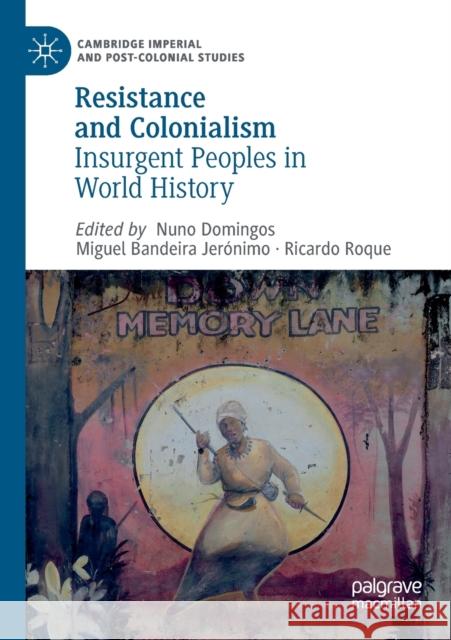Resistance and Colonialism: Insurgent Peoples in World History » książka
topmenu
Resistance and Colonialism: Insurgent Peoples in World History
ISBN-13: 9783030191696 / Angielski / Miękka / 2020 / 347 str.
Resistance and Colonialism: Insurgent Peoples in World History
ISBN-13: 9783030191696 / Angielski / Miękka / 2020 / 347 str.
cena 322,01
(netto: 306,68 VAT: 5%)
Najniższa cena z 30 dni: 308,41
(netto: 306,68 VAT: 5%)
Najniższa cena z 30 dni: 308,41
Termin realizacji zamówienia:
ok. 16-18 dni roboczych.
ok. 16-18 dni roboczych.
Darmowa dostawa!
Kategorie BISAC:
Wydawca:
Palgrave MacMillan
Seria wydawnicza:
Język:
Angielski
ISBN-13:
9783030191696
Rok wydania:
2020
Wydanie:
2019
Numer serii:
000304516
Ilość stron:
347
Waga:
0.48 kg
Wymiary:
21.01 x 14.81 x 1.93
Oprawa:
Miękka
Wolumenów:
01
Dodatkowe informacje:
Wydanie ilustrowane











